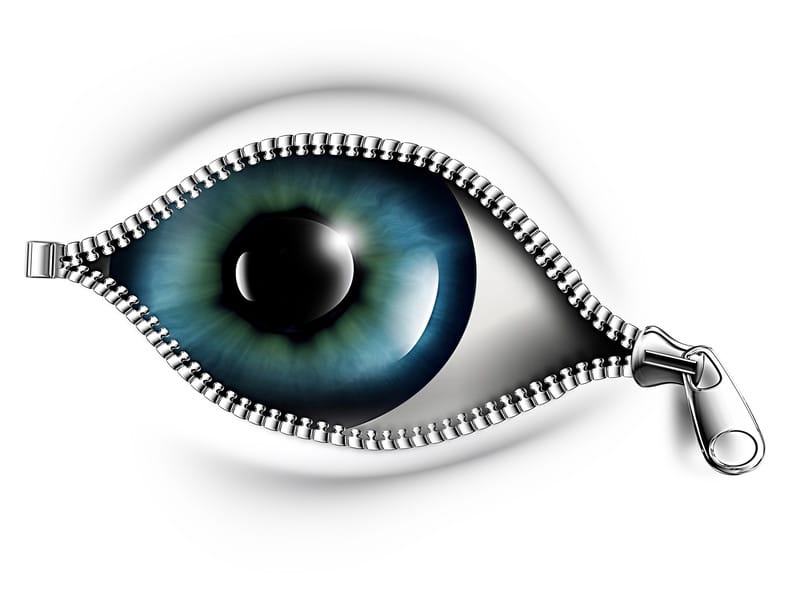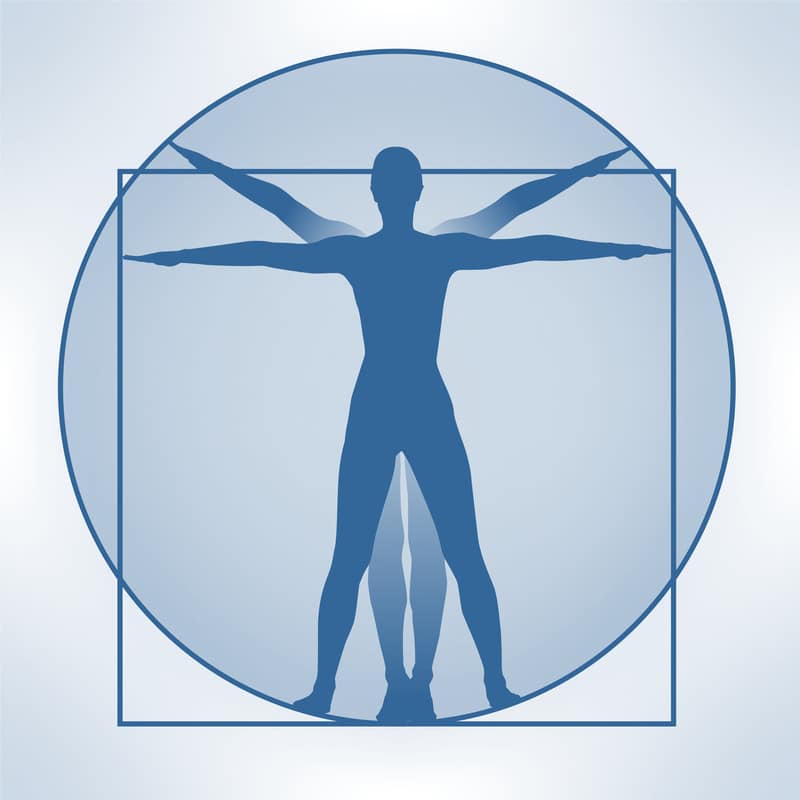Everyone knows the value of a good handshake: too wimpy and you come across as lacking in confidence and too strong and you will seem arrogant. Practicing your handshake with people of all sizes and genders will help you get the “just right” version.
There are many other very simple body language tips that when put into practice can make or break your interview. You may not even knowingly be doing or not doing any of them. Just like you practice your responses to standard interview questions, doing a mock interview with friends can highlight body language no-no’s.
 Eyes
Eyes
Too Intense
Yes, you want the job, but eye contact without a break enters into the creepy realm. Eye contact when you are talking can be broken up by looking to the side briefly which is thought to project confidence. When listening looking down occasionally can signify submission to their point.
Rolling
You are no longer a teenager and you need to make sure bad habits like rolling your eyes when you disagree with what someone is saying haven’t persisted. Eye rolling is never positive.
Watching the Clock
Glancing at your phone, looking out at the good view or just watching the clock too much are interview 101 mistakes. Distraction in the interview means you can be distracted easily for the work they are hiring you to do.
Avoidance
Not making any eye contact means you have something to hide or are so shy your ability to communicate is affected. Dr. Travis Bradberry says, “Sustained eye contact communicates confidence, leadership, strength and intelligence.”
 Body
Body
Slouching
Of course, you know that standing straight exudes confidence, but so many interviewees turn into couch potatoes when they sit down for their interview. Slouching in your chair definitely shows you are relaxed but also indicates a lack of interest and enthusiasm for what your interviewer has to say.
Getting Too Close
Appropriate personal space is essential in the interview process. Closer than one and half feet and you will make people uncomfortable. Adjust your distance keeping in mind this is a professional interview not a social event when the correct distances are different.
Angle Away
Interested candidates lean into their interview. Turning away from your interviewer expresses disinterest, as if you are looking for something better to do.
Crossed Arms or Legs
Closing your body off from your interviewer also expresses a standoffishness than is unappealing and probably unproductive on the job.
Closed Fists
Like crossing your arms or legs, closed fists can indicate a closed mind. Try using a meditation technique of putting your open hands face up on your knees. Not only will you feel open and receptive to your interviewer, they will perceive you that way as well.
Fidgeting
Anxiety, nervousness or distraction, while understandable in an interview, are not skill sets sought for most positions. Lower your caffeine intake before an interview and practice sitting still at home before your interview so you can do it during the interview.
 Expressions
Expressions
Lack of Affect
Yes, you want to be professional but that doesn’t equate to no expression. Smile when the opportunity presents itself. Smiling is positive and your interviewer will equate good things to you.
Inconsistency
How you facially respond to your interviewer should match what the interviewer is saying, and when you are talking your expressions should also match up. For instance, looking confused or upset when you are trying to project confidence doesn’t make sense.






